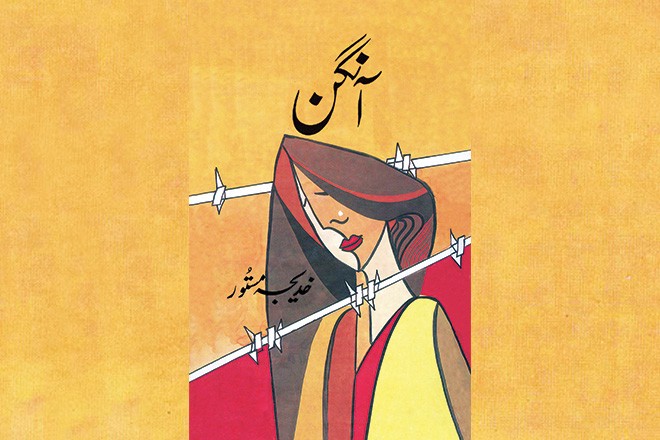BOOK REVIEW
Many novels in the last 100 years have been adapted into films, TV dramas, and even theatre plays. However, Khadija Mastoor’s Aangan never did get an adaptation mainly because it was considered too bold for television and too old for films – until now.
So, what makes Aangan different as a novel compared to other literary pieces that have been translated into other mediums? You will have to read the novel to understand that fully as it covers two different eras: the 1920s and the 1940s; the first where Muslims were in control of their destiny and the second where they were in search of lost glory.
The way Khadija Mastoor defines both time periods is interesting considering she wrote the novel in 1962 and still managed to present both with skill. In fact, if you have a relative who once lived in a haveli or if you have visited a relative’s haveli, then this novel will trigger memories of the past. Such is the power of words.
The story revolves around Aaliya, who is the younger daughter of Mazhar Mian, the younger son of Maalik and Maalikan. How her life changes from being the youngest in the family in the 1920s to the sole breadwinner in the 1940s is what the novel is essentially about. Why she doesn’t fall in love, how she manages to bear the many tragedies that change the course of her life and why does her mother hate their ‘brother’ Safdar – who seems pretty attached to her father.
Add the colonial times, a sister who goes on to elope with a servant, a brother who doesn’t care about his sister’s in-laws and a grandmother whose rise and fall is reminiscent of the Muslim rise and fall in United India and you have a perfect novel that in itself is entertaining, with or without an adaptation.
Every character in the novel is described so well that it feels as if you know them. From the rebellious Chammi to Jameel, who is always in love, to the beautiful Kusum Didi or the immature Shakeel, everyone has something to offer.
Khadija Mastoor was one of the most observant novelists of her times and the way she carries the story forward is nothing short of remarkable. Both male and female characters have a role to play, even if the men of the family are more interested in politics than domestic affairs.
The language is so simple that even a tenth grader can read this novel and understand it. And since people remain interested to learn more about the creation of India and Pakistan, this novel will serve as a history lesson as well as a book that entertains with its plot and prose.
Ultimately as a reader, Aangan, the novel, will make you realize that not much has changed in the last 70 years because whatever happens in the novel, still happens in this day and age.







